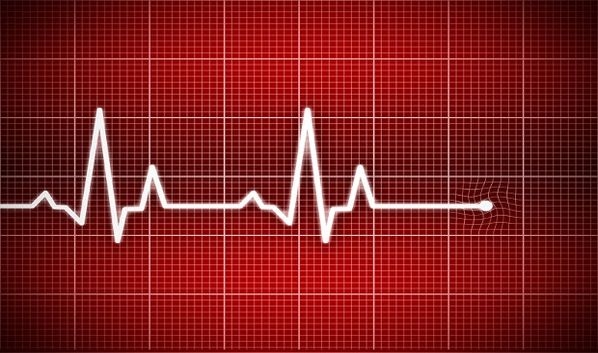Researchers have identified some ways in which omega-3s exert their heart health benefits.

In a large-scale, placebo-controlled trial, omega-3s plus vitamin D showed improvements on electrocardiographic measures indicative of better heart health.
The new research was published recently in the journal Science Reports. It was the work of a team of researchers associated with prestigious medical centers in the United States and Finland.
Data take from huge, long-term trial
The new research, titled “A randomized clinical trial of omega-3 fatty acid and vitamin D supplementation on electrocardiographic risk profiles,” used data generated in the VITamin D and omegA-3 (VITAL) trial, which investigated the effects of a daily dose 460 mg of DHA and 380 mg of EPA along with 2,000 IU of vitamin D3.
VITAL is an ongoing study that includes more than 21,000 subjects. It has generated reams of data, which have spun off many subsidiary studies such as this one.
In the present study, the researchers used data from 911 study participants who underwent ECGs at baseline and again at 2 years after the randomization.
The goal was to see what effect omega-3s plus vitamin D3 might have on rhythm abnormalities in the heart. The researchers said it has already been known that atrial fibrillation, a less serious heart rhythm abnormality, is growing in prevalence, while sudden cardiac death (SCD) kills about 300,000 people annually.
Making sure the beat goes on
Similarly, past trials have suggested a protective mechanism for omega-3s in reducing the risk of those arrhythmias and SCD. The mechanism for these effects are unclear, they noted. However, electrophysiologic changes have been one of the things postulated.
The researchers observed several small but clinically significant changes in the electrocardiograms of the omega-3s group.
“The PR interval significantly increased and the P-wave duration decreased to a lesser extent in patients randomized to EPA + DHA as compared to placebo,” the researchers wrote.
The PR interval measures the between depolarization of chambers of the heart during signal transmission. The P-wave measures another aspect of how the signal to the heart to beat is transmitted through the organ itself. If either of these measures is outside of normal ranges it can be an indication of pathology.
“In conclusion, two years of treatment with omega-3 FA supplementation (1 g EPA/DHA per day) resulted in changes on the ECG that are potentially reflective of heightened vagal tone and/or slowing of intra-atrial and AV conduction; whereas, treatment with vitamin D3 (2,000 IU per day) may have exhibited an antihypertrophic effect. These results suggest that these commonly used supplements may have subtle effects on cardiac electrophysiology even at low dosages which may influence, both favorably and adversely, the propensity toward cardiac arrhythmias,” the authors wrote.
Expert enthused about findings
Noted omega-3s expert Dr. William S. Harris, founder of OmegaQuant LLC and professor emeritus at the Sanford School of Medicine at the University of South Dakota was effusive in his praise of what the researchers found.
“I like these findings!” Dr. Harris told Natural Products Insider in an email.
“This secondary analysis from a subset of 911 participants in the VITAL study found that supplementation with 840 mg of EPA+DHA ethyl esters per day for 2 years resulted in small but statistically significant improvements in certain features of cardiac electrical activity. The changes observed could, in part, explain why omega-3 fatty acids, at the same time, lower the risk for sudden cardiac death (which is due to ventricular arrhythmias) and could increase the risk for the far less harmful rhythm disorder, atrial fibrillation,” he added.
“Further research is needed to discover who will benefit the most from increasing their omega-3 intake,” he concluded.
Read more about:
Supplement scienceAbout the Author(s)
You May Also Like






.png?width=800&auto=webp&quality=80&disable=upscale)